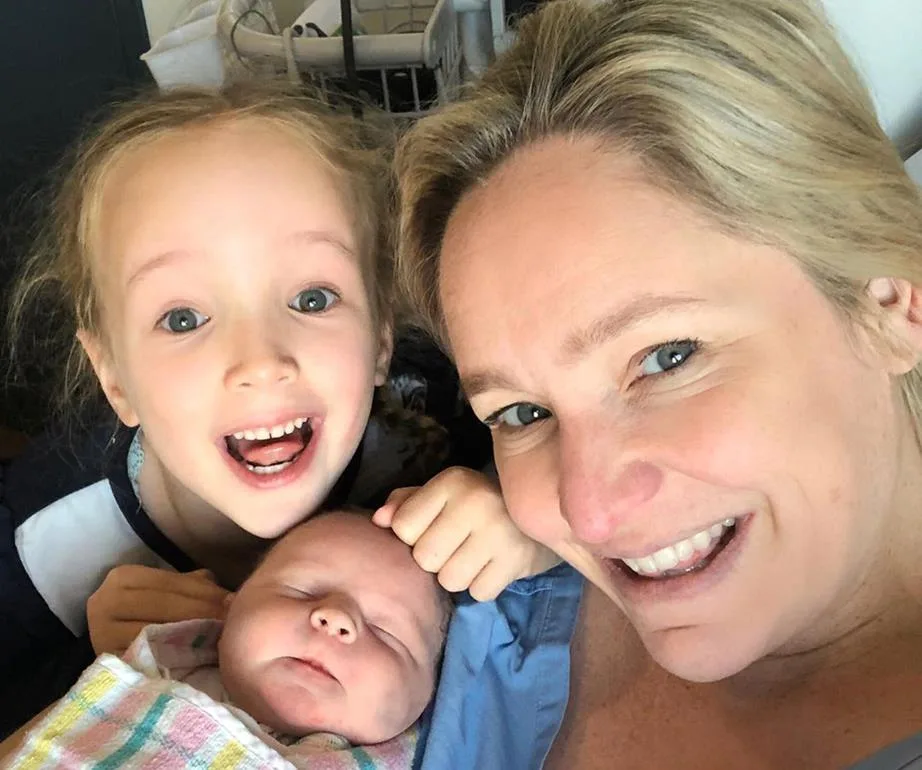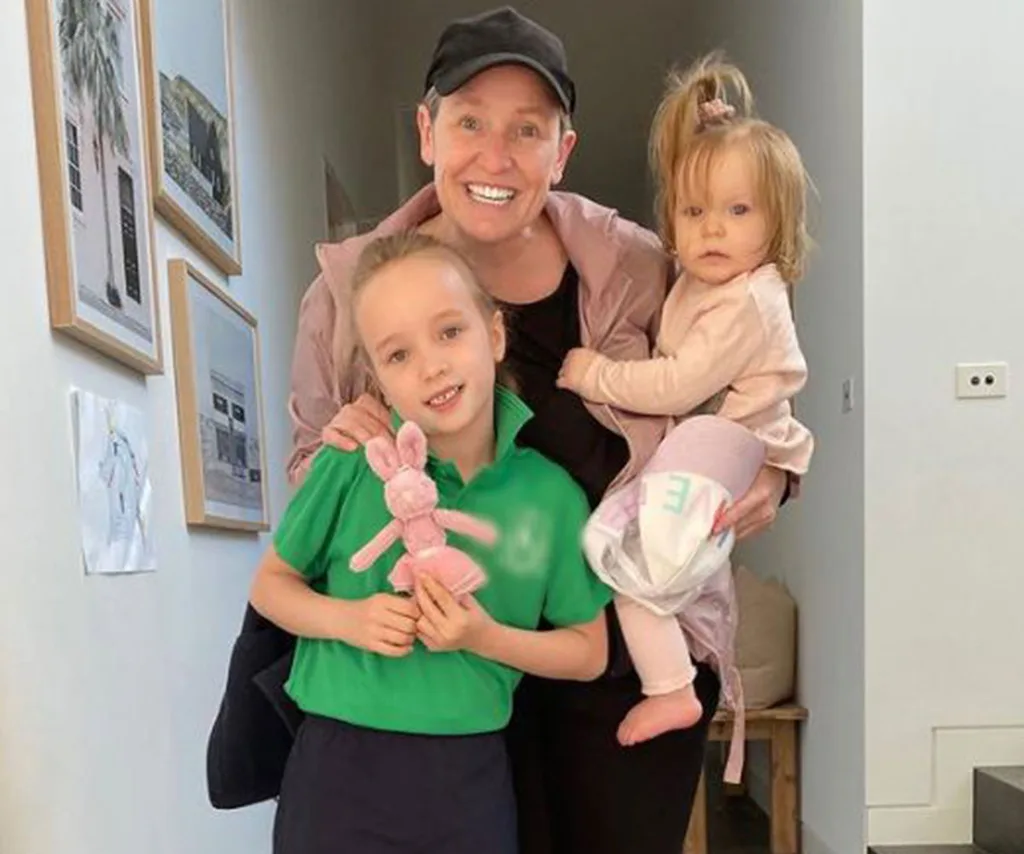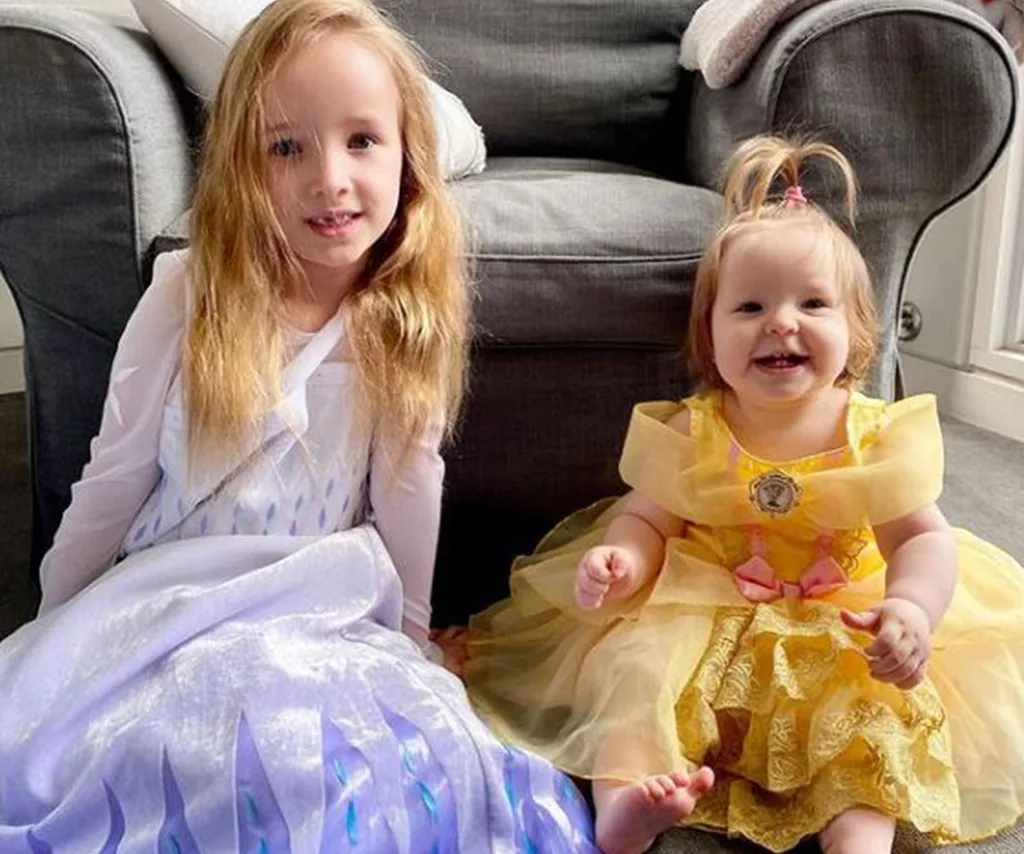Presenter Fifi Box has shed new insight into her IVF journey, revealing she conceived her second daughter Daisy on her first round of IVF – but she wants other women to know she understands she was an exception to the odds, revealing on her radio program Fifi, Fev & Nick that she only had a seven per cent chance of falling pregnant and that Daisy was ”a gift.”
”It was incredibly eye opening because it was brutal. This is the thing that we don’t necessarily get taught at school is the decline in your egg health from about 33, 35 onwards – it deteriorates at a rate of knots,” she told her co hosts.
”My egg quality has deteriorated so much. Freeze your eggs, it’s trickier to get to your late 30s and start freezing your eggs,” she warned.
This isn’t the first time Fifi has opened up about her fertility journey.
Speaking on her former radio co-host Byron Cooke’s new podcast, The Byron Cooke show, on an episode themed around assisted fertility and IVF, the mother-of-two revealed new details around her decision to use IVF and a sperm donor to expand her family.
“I think that Trixie, my first-born, she was maybe about two. And I was toying with the idea that I’d love to have a second child and I knew at that stage and at my age, I had to get a wriggle on,” Fifi explained on the podcast.
“I went to speak to my GP and she suggested to quite quickly get on it, because I was probably 38 or 39. She said you need to get your eggs now.”
The Project star was given a referral from her GP to start IVF but Fifi says the chaotic nature of life quickly got in the way of booking the appointment and a year quickly went by.
“I think this is a problem a lot of women face, I had other things taking over… My workload increased, you get distracted, I had things happening in my personal life and I was like, ‘actually now doesn’t really suit.’ I lost a year there,” she revealed.
READ NEXT: The Australian companies drastically reducing the cost for fertility assistance

Fifi welcomed her second daughter Daisy Belle Box via IVF and a sperm donor in 2019.
(Image: Instagram)By the time she was 40, she was ready to start the IVF process but had her doubts over whether or not it would work after her doctor showed her an alarming graph charting the likelihood of a woman over 40 conceiving.
“I had just turned 40 and saw the graph and just panicked. This is a real problem for me so we got the eggs out. I did two egg retrievals and I was so lucky, I got 30 eggs and then we froze the eggs. Then I went through the 12 month period getting a donor and working out that path I was going to go on,” she explained.
Fifi was able to conceive her daughter, Daisy Belle Box, who is now one, on the first transfer.
“I ended up with three embryos… because of my age I was so lucky to have three embryos and on my first transferal I got Daisy. I still pinch myself with how lucky I am,” she said.

“On my first transferal I got Daisy. I still pinch myself with how lucky I am.”
(Image: Instagram)IVF specialist and obstetrician Dr Lynn Burmeister was also a guest on the podcast episode and backed up just how incredible Fifi’s conception journey was.
“On average, a 40-year-old will get five to ten eggs if they’re lucky. [It’s a] 12-20% chance of achieving a pregnancy per transfer,” Dr Burmeister explained of the statistics around a 40-year-old woman doing IVF.
Indeed looking back on her experience, Fifi says she knows how lucky she was.
“It was an incredible journey and I’m so fortunate and I know not everybody’s journey is that lucky,” she said.

Fifi’s two daughters Trixie, seven, and Daisy, one.
(Image: Instagram)Meanwhile her former co-host and friend Brendan Cooke was also in awe of the ease in which she was able to conceive.
“You are a miracle story Feef, you are extraordinary,” he told her.
As for her advice to other women who are considering exploring IVF, the media personality says to not waste any precious time.
“I get lots of women speaking to me about my journey and I know I was an exception. Any women I speak to who are in their mid-30s I just say, ‘quick get on it right now! You can’t afford to wait til you’re 40.’ You really can’t and I know I’m an exception to the rule.”
Fifi is also the mother to seven-year-old daughter Trixie Belle Box, who she shares with ex-partner Grant Kenny. The single mother raises her two young children in Melbourne.

.png?resize=380%2C285)
.png?resize=380%2C285)
